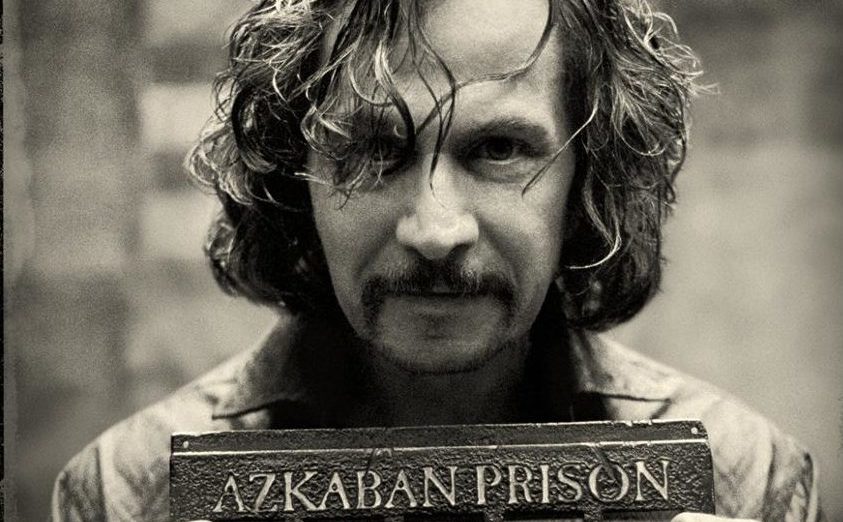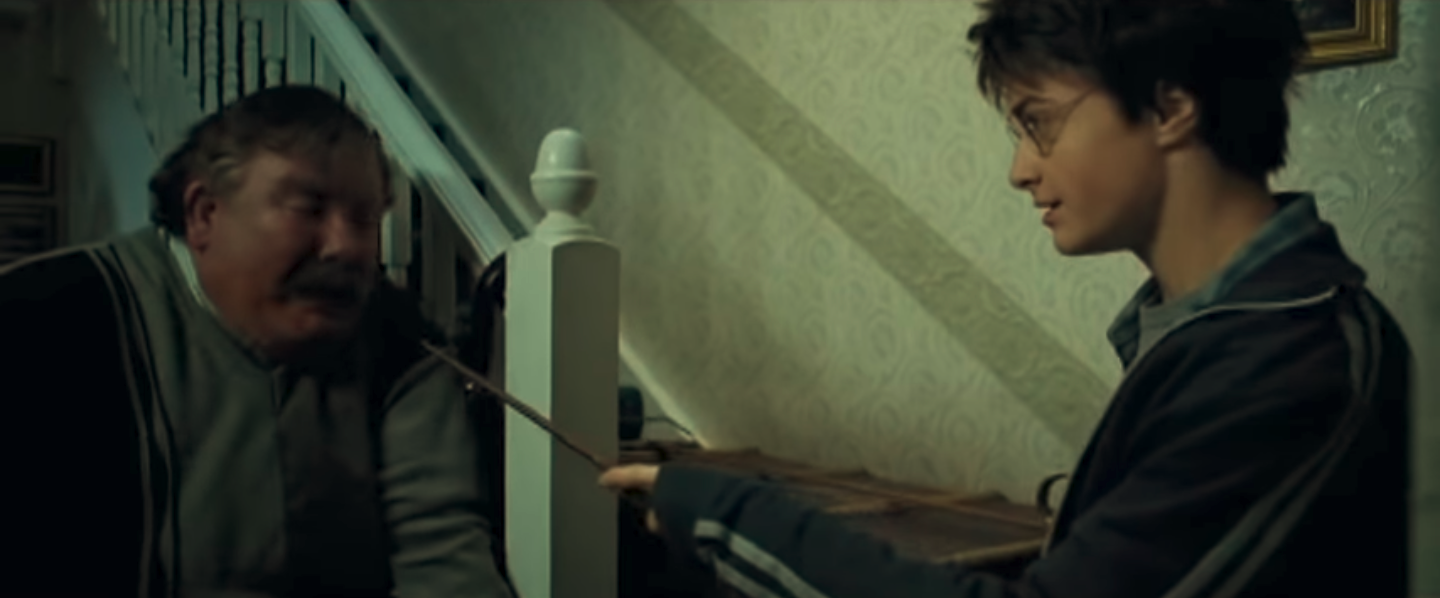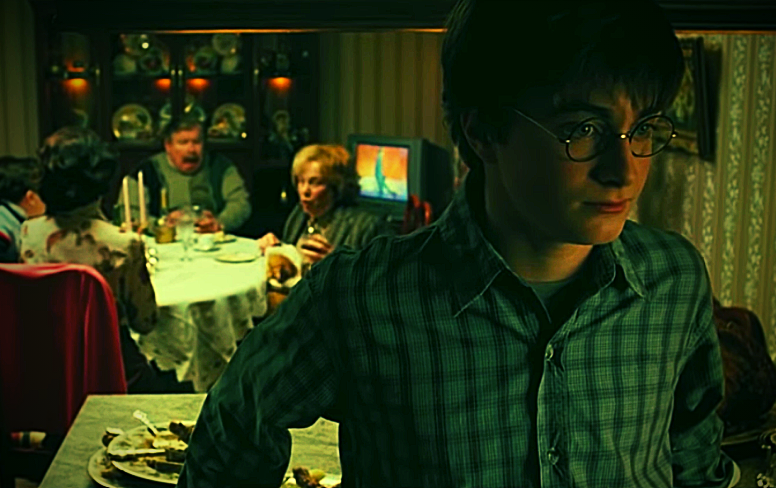The Slytherin in Harry
February 8, 2020—Before he is sorted into Gryffindor in the seventh chapter of the series, Harry has heard of Slytherin House from no less than five sources: Draco Malfoy, Rubeus Hagrid, Ron Weasley, Minerva McGonagall, and the Sorting Hat.
“You could be great, you know, it’s all here in your head, and Slytherin will help you on the way to greatness, no doubt about that.” —The Sorting Hat
Of these, only Malfoy, whom Harry dislikes almost on sight, speaks of the Slytherin positively. McGonagall is neutral, but both Ron and Hagrid vilify Slytherin, and the Sorting Hat suggests that the House is full of people who live by the phrase, “The end justifies the means.” So when Harry is faced with the idea of joining the House that was once Voldemort’s, he is stubbornly opposed, and the Sorting Hat bows to his wishes and puts him in Gryffindor.
But if one or two of those encounters had gone slightly differently, it’s entirely possible that Harry wouldn’t have cared one way or the other which House he’d be sorted into, and the Sorting Hat’s first choice would have become its final one.
But Harry exemplifies Gryffindor House in so many ways! He has courage, daring, nerve, and boldness in spades. And while he does display some Slytherin qualities, as Dumbledore points out in Chamber of Secrets (“Parseltongue — resourcefulness — determination — a certain disregard for rules”), he rarely exhibits the most distinctive Slytherin attributes: cunning, ruthlessness, ambition, and hunger for power.

So why was this super-Gryffindor ever a candidate for Slytherin? I’d argue that Harry’s Gryffindor side is so much more apparent because of his fame, not necessarily because of his nature. He enters a world where everyone knows his name, most have firm preconceptions about him, and many wish to use him for their own gain. Subtlety would get him nowhere, as he needs to actively overcome people’s previously established viewpoints. He has to scream to be heard over the cacophony of his own fame.
But what if he were just your average, every-day wizarding boy? In a world where his name means little and his standing is nonexistent, would Slytherin have been a better fit?
Well, we don’t have to wonder: On Privet Drive in Little Whinging, Surrey, Harry is a nobody. And I’d argue that he’s never so Slytherin as when he’s in the Muggle world.
He’s surrounded by people who disdain, overlook, and underestimate him. And he, in turn, shows himself to be sneaky, calculating, and hostile.
He uses deception and fear to manipulate his opponents.
In Chamber of Secrets, in order to scare his relatives into leaving him alone, Harry deliberately neglects to inform them that he’s forbidden from using magic over the summer. In fact, he encourages their belief that he’s one wrong mood away from doing something “unnatural” to them or their property.

In Goblet of Fire, he strongly implies to them that his godfather is a mass murder who’s liable to show up at the slightest sign of abuse and slaughter them all in their sleep. He leverages their terror at the idea for better treatment and permission to go to the Quidditch World Cup game.
He’s willing to work with his adversaries to achieve his own goals.
Harry’s go-to move in the magical world when confronted with a foe (and sometimes even a friend) is to draw a line in the sand: right or wrong, with me or against me, black or white. Just consider his reaction to Minister Scrimgeor’s request for support in Half-Blood Prince.
But in the Muggle world, he negotiates. He’s willing to cooperate and give in to others’ demands in order to get something he wants in return. In Prisoner of Azkaban, for example, he agrees to pretend to his uncle’s sister that he attends an institution for juvenile delinquents in exchange for a signed permission slip. It goes terribly wrong, of course, but he wouldn’t even consider making that kind of concession to his enemies in the Wizarding world.
He displays a general antipathy towards others.
If Harry is to be believed, every single resident of Little Whinging is a shallow, status-obsessed gossip deserving of his scorn. He might not be entirely wrong, but it seems unlikely that the area is as awful as he describes it.
Whether it is or not, though, his reflexive attitude of superiority and contempt for those around him is far more characteristic of Slytherins than Gryffindors, and it’s not something we see from him when he’s at Hogwarts.

All this goes against everything we know of the Chosen One throughout the rest of the series. Harry doesn’t play mind games. He doesn’t use intimidation and deceit to get what he wants. He doesn’t compromise. In short, he doesn’t act like a Slytherin.
Except that he does. In the Muggle world, where his advantages are few and his status means nothing, the rules change, and his personal code of conduct is flipped around. It’s true that Harry rarely seems like a Slytherin in the Wizarding world. But it’s equally true that he rarely seems like a Gryffindor in the Muggle world.
Maybe the Sorting Hat was onto something.


Great post, you have pointed out some superb points, I also conceive this s a very good website.
Like!! Great article post.Really thank you! Really Cool.